“The Parliament opens for journalists in May. This is an important symbolic decision on the eve of the World Press Freedom Day,” said Sergiy Tomilenko, the President of the National Union of Journalists of Ukraine (NUJU), commenting on the decision of the leadership of the Parliament, which was announced by its head, Ruslan Stefanchuk.
“During the war, journalists demonstrated their responsibility and, at the same time, their sensitivity to injustice,” said Sergiy Tomilenko, speaking on May 1 at the roundtable titled On Access Of Journalists To Sidelines Of Verkhovna Rada Of Ukraine And Restoration Of Online Broadcasts Of Parliamentary Sessions, organized by the Parliamentary Committee on Freedom of Speech. “The rules for journalists’ access to the Verkhovna Rada of Ukraine should be clear; there should be few of them, and those who have been refused should have the right to appeal. In particular, to the public council of the committee on freedom of speech.
Sergiy Tomilenko emphasized that it is important that the Chairperson of the Verkhovna Rada, Ruslan Stefanchuk, and the Chief of Staff of the Parliament, Viyacheslav Shtuchnyi, took part in the discussion of the work of journalists in the Parliament, who did not limit themselves to introductory remarks, but responded to the proposals of parliamentarians, journalists, and experts throughout the two hours of the event.
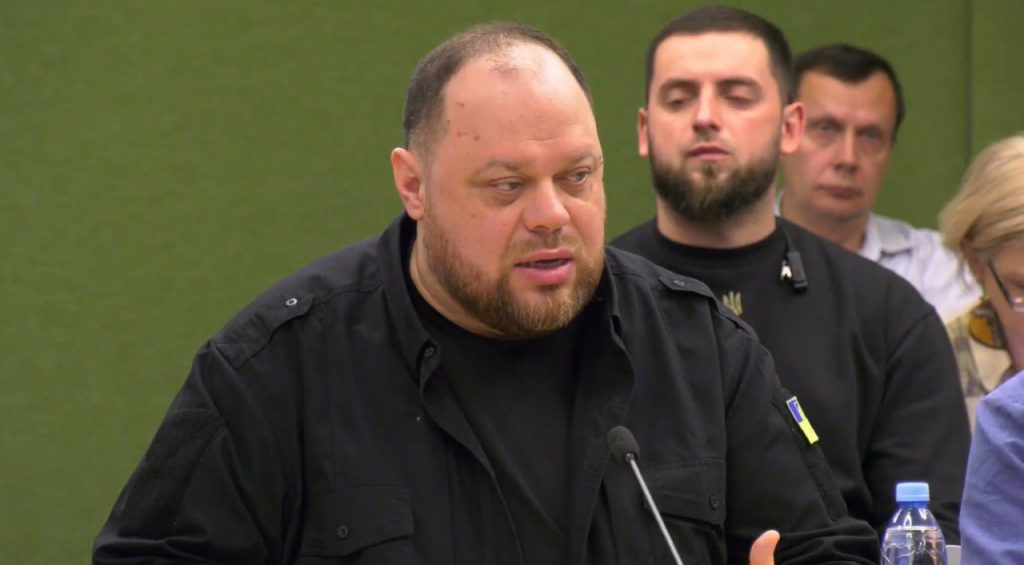
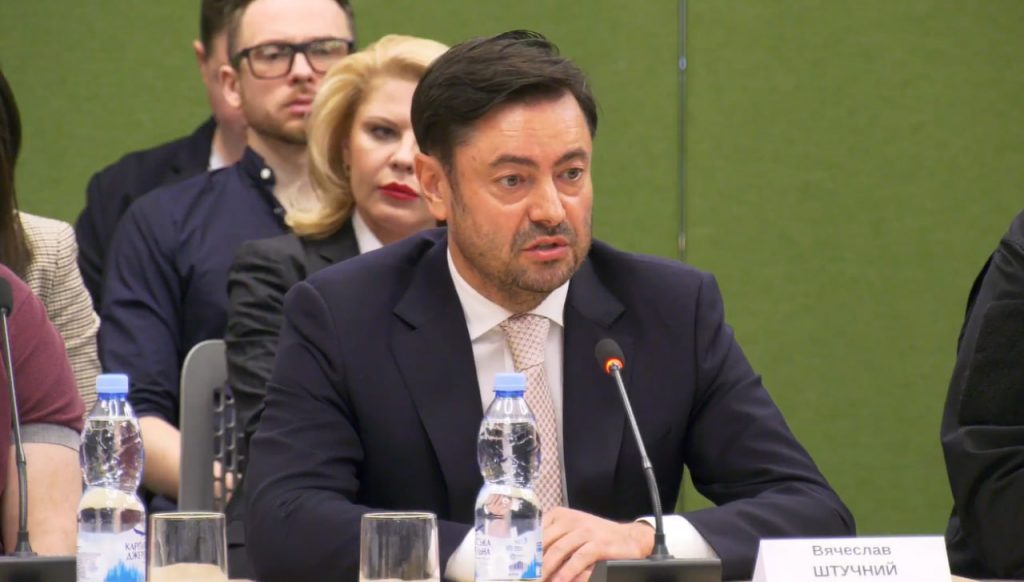
So, in the near future, journalists of national and international media will be able to work on the sidelines of the Parliament. But the number of media persons will be limited to 50 people, given the security risks. At the same time, the press service of the Verkhovna Rada will carry out accreditation according to certain criteria, which should facilitate the access of professional journalists of registered media working with Parliamentary topics.
In his speech, Sergiy Tomilenko noted that the clear abuse of access to the Parliament (before the full-scale war, about 4,000 people were accredited in the Verkhovna Rada) was not related to journalistic activity but to the desire of politicians to simplify access to the premises of the Parliament for their assistants under the guise of journalists.
When the first pool of accredited media workers is operational after applying these criteria, it is worth considering the existing complaints and complaints about rejections. Even if they come from seemingly outsiders, if a person insists on his complaint, then perhaps it should be considered by a public council under the Parliamentary Committee on Freedom of Speech. It “rebooted” together with the leadership of the committee, and it brought together experienced representatives of the public media sector. According to Sergiy Tomilenko, consideration of complaints by the public council could remove possible objections – it will not “sanctify” some political censorship.
“I call on the authorities and politicians not to be afraid of journalists. Both front-line reporters and media workers, who are reviving front-line newspapers, and Ukrainian journalists in general have proven the responsibility of representatives of their profession in wartime. And the rules of accreditation of the Armed Forces of Ukraine and military press cards are followed and do not cause resistance among the media,” Sergiy Tomilenko said. “Many thanks to Yaroslav Yurchyshyn, the head of the Parliamentary Committee on Freedom of Speech, who is the leader of positive changes in decisions to protect the rights of journalists and media freedom. Journalists are important!”
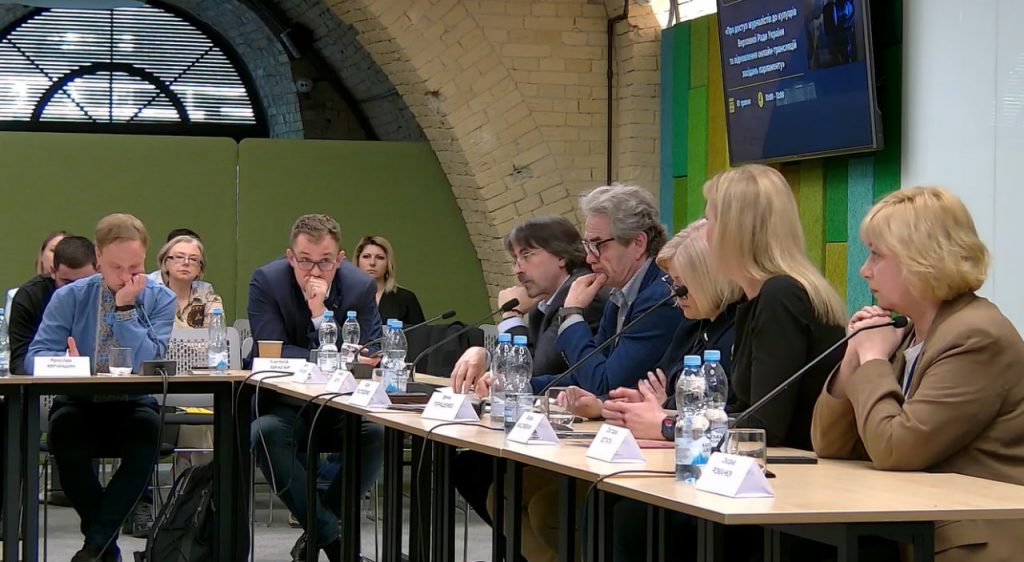
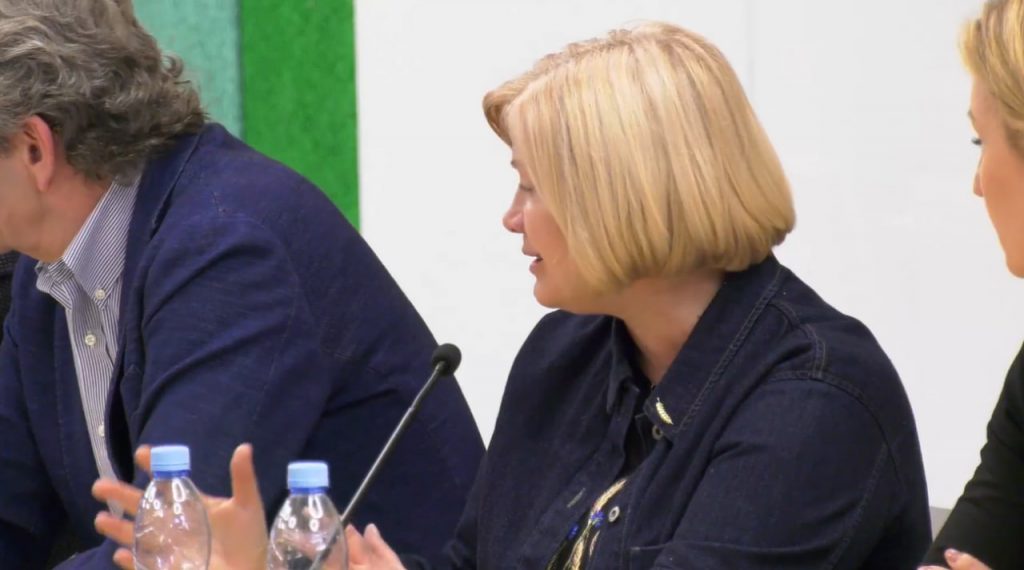
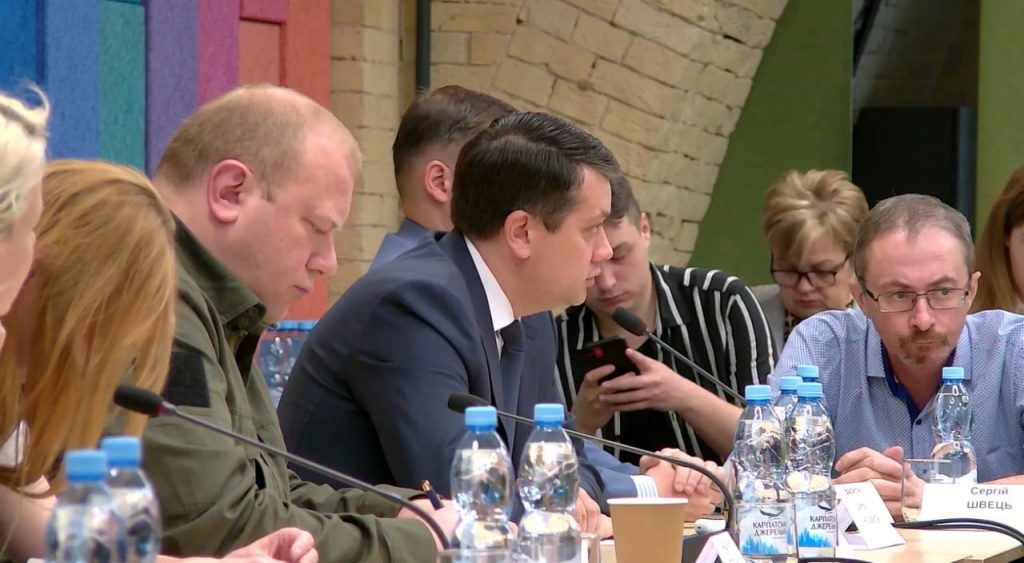
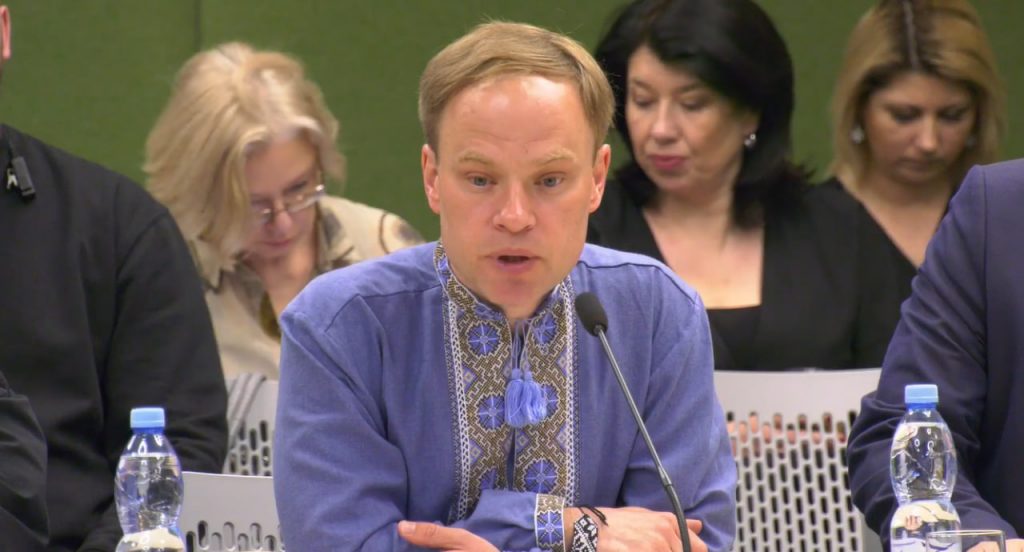
NUJU Information Service

 THE NATIONAL UNION OF
JOURNALISTS OF UKRAINE
THE NATIONAL UNION OF
JOURNALISTS OF UKRAINE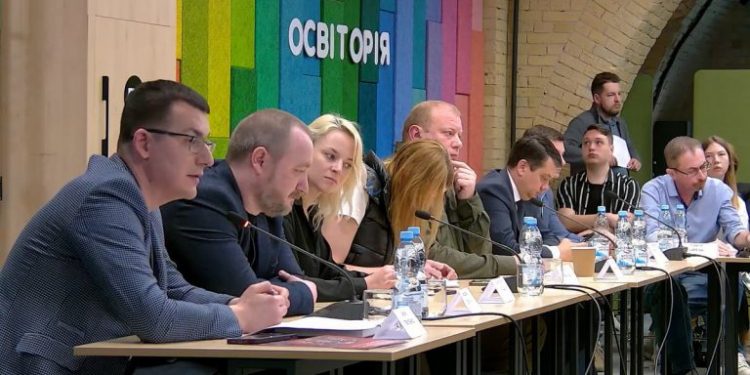
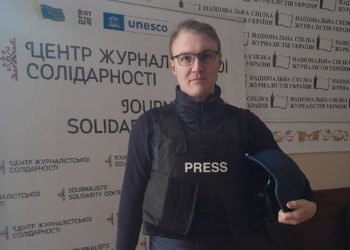
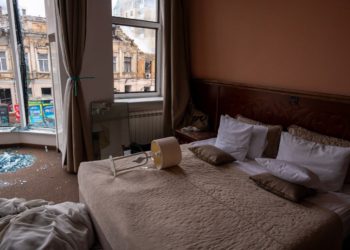
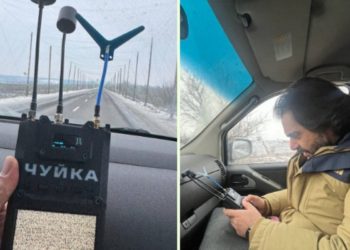













Discussion about this post